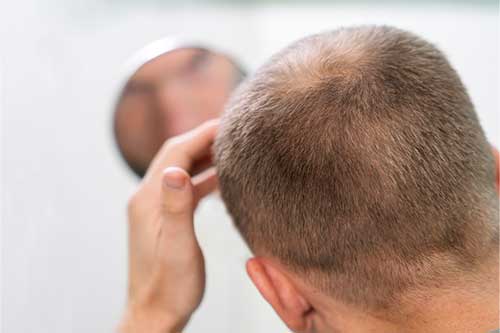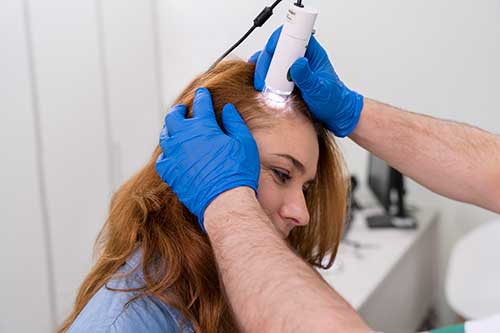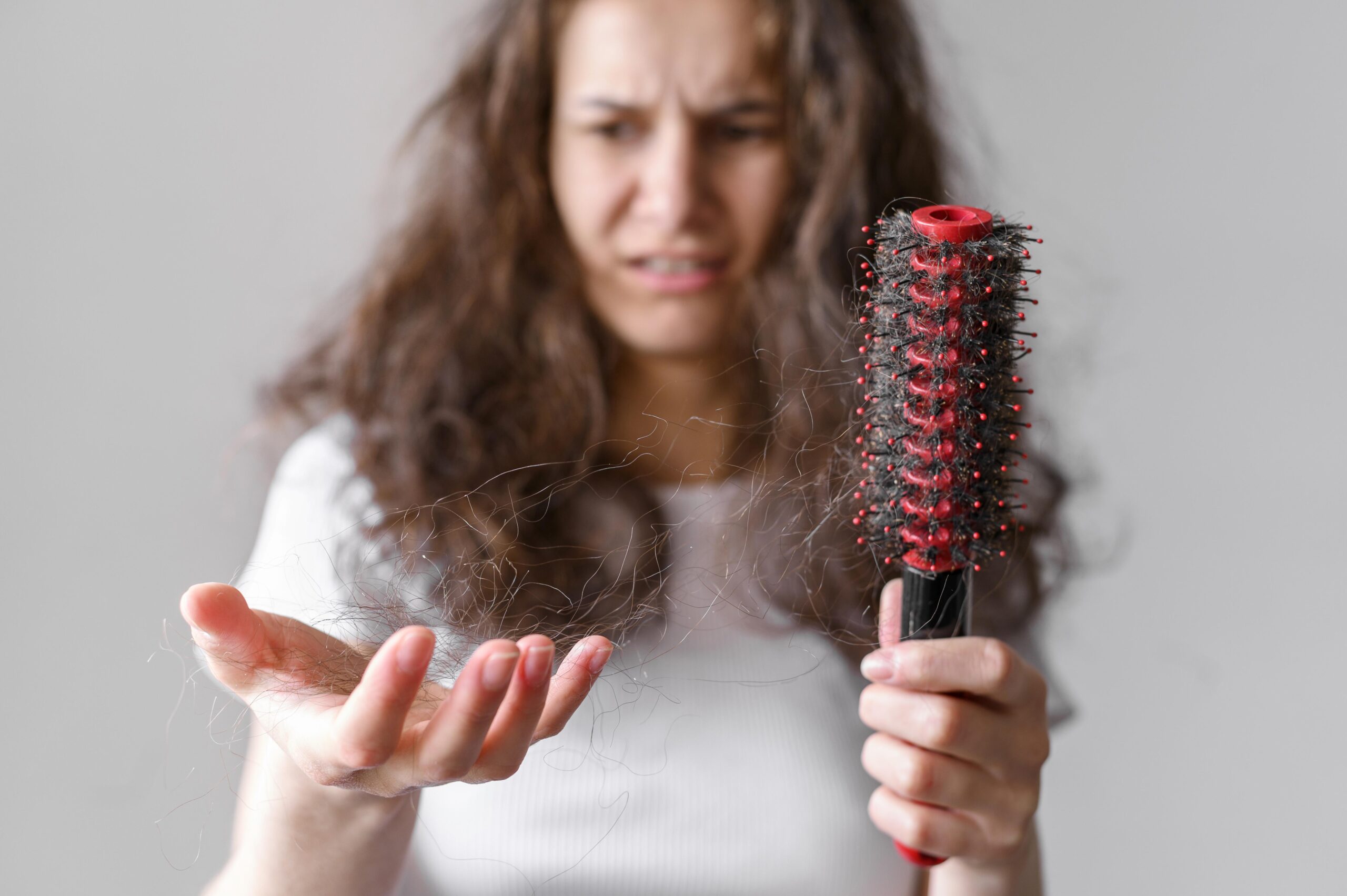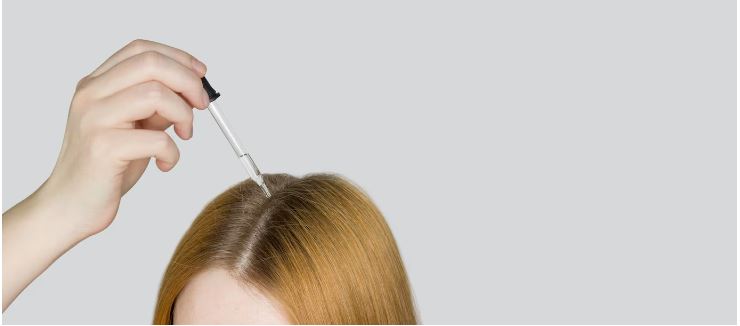
UNDERSTANDING HAIR REGROWTH
INTRODUCTION
Hair represents more than a mere physical attribute; it serves as a symbol of identity, well-being, and aesthetic appeal. However, for many individuals, the battle against hair loss is a significant concern. Whether it’s due to genetic factors, hormonal changes, medical conditions, or other underlying causes, the quest for hair regrowth is a common and often challenging journey. We will explore the domain of hair regrowth, delving into its intricacies, uncovering the scientific foundations of hair loss, and offering effective remedies to aid you in reviving your healthy and abundant hair.
UNDERSTANDING THE GROWTH CYCLE OF HAIR
Before we dive into the causes and treatments of hair loss, it’s essential to comprehend the natural growth cycle of hair. Hair undergoes a continuous and cyclical process that consists of three main phases:
ANAGEN PHASE (GROWTH PHASE)
The anagen phase represents the active period of hair growth, during which hair follicles are busily creating new hair cells. This stage can span between two and seven years and plays a crucial role in defining the length of your hair. Genetic factors primarily dictate the duration of the anagen phase, causing it to differ among individuals.
CATAGEN PHASE (TRANSITIONAL PHASE)
After the anagen phase, hair enters the catagen phase, a transitional stage lasting for about two to three weeks. In this period, the hair follicle reduces size and disengages from the hair strand, expulsing it.
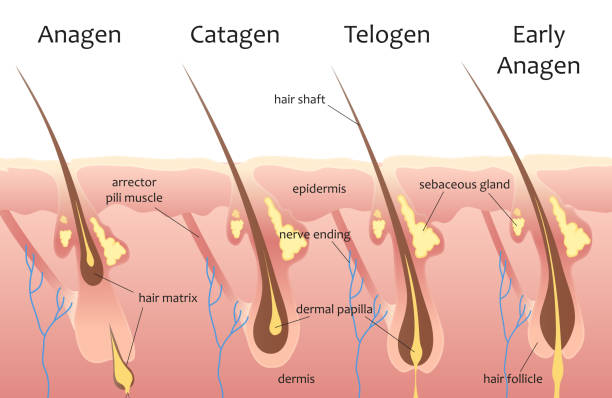
TELOGEN PHASE (RESTING PHASE)
The telogen phase represents the hair cycle’s inactive period, typically about three months. In this phase, the hair follicle is in a state of rest, leading to the eventual shedding of the hair strand. Shedding 50-100 hairs daily during the telogen phase is considered typical.
This cycle repeats itself continuously, and it’s important to note that different hair follicles on your scalp may be at different stages at any given time. Understanding this natural process is crucial when considering treatments for hair regrowth.
THE SCIENCE BEHIND HAIR LOSS
Alopecia, or hair loss, can be a disturbing ordeal that impacts individuals of various ages, genders, and walks of life. While it is a common issue, the underlying causes can be complex. To effectively address hair loss and promote hair regrowth, it’s important to explore the scientific factors contributing to this condition.
GENETIC FACTORS IN HAIR LOSS
Genetics exerts a substantial influence on your vulnerability to hair loss. Frequently called male or female pattern baldness, androgenetic alopecia is passed down through families. In men, this often manifests as a receding hairline and balding on the crown, while women may experience diffuse hair thinning. Understanding your genetic predisposition is the first step in tailoring a treatment plan.
HORMONAL CHANGES AND HAIR LOSS
Hormones can also influence hair growth and loss. For instance, dihydrotestosterone (DHT), a derivative of testosterone, can shrink hair follicles and lead to thinning and hair loss in individuals with androgenetic alopecia. Hormonal fluctuations due to pregnancy, menopause, or conditions like polycystic ovary syndrome (PCOS) can also impact hair health.
HAIR LOSS DUE TO MEDICAL CONDITIONS
Certain medical conditions and autoimmune diseases, such as alopecia areata, can trigger sudden and severe hair loss.
Alopecia areata is characterized by the immune system mistakenly targeting hair follicles, resulting in hair loss in well-defined patches. In such situations, pinpointing and tackling the root medical issue is vital.
THE IMPACT OF NUTRITION ON HAIR LOSS
Keeping a well-rounded diet rich in vital nutrients like B vitamins, amino acids, and vitamin C is essential for supporting healthy hair growth. Nutrient deficiencies can lead to hair loss, and addressing these deficiencies through dietary changes or supplements can be an effective part of a hair regrowth strategy.
THE ROLE OF STRESS IN HAIR LOSS
Psychological stress can exert a significant influence on the condition of your hair. Telogen effluvium, a condition triggered by extreme stress, can lead to temporary but significant hair loss. Stress management and self-care are essential components of any comprehensive treatment plan.
CURRENT TREATMENT OPTIONS FOR HAIR LOSS
Losing hair can be distressing, and while there are numerous causes of hair loss, including Androgenic alopecia – the most common type of hair loss – there are also various treatments available. Seeking guidance from a certified trichologist is crucial for comprehending the root cause of your hair loss and selecting an efficient treatment approach.
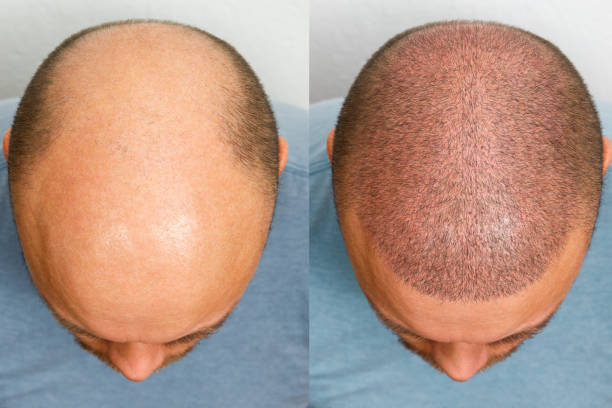
[/vc_column_text][/vc_column][/vc_row]






